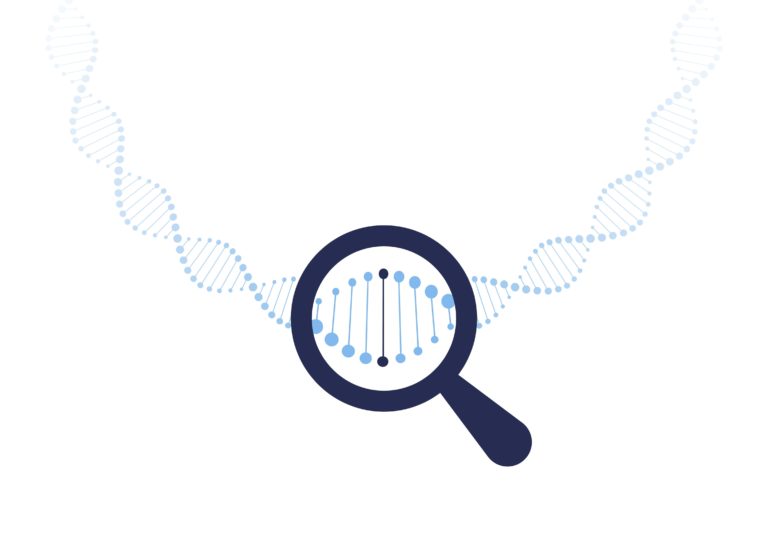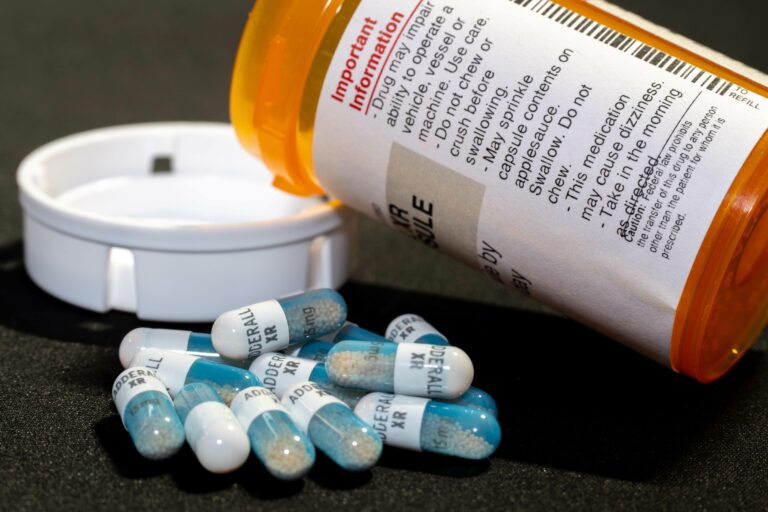If you have spent much time reading about addiction, you’ve probably come across the term codependency. But what exactly is the relationship between codependency and addiction? Is codependency merely a maladaptive coping mechanism, or does it denote something more intricate altogether?
Learn more about our addiction treatment in Nashville.
What Is Codependency And Addiction?
Before unraveling the relationship between codependency and addiction, it’s vital to grasp their definitions. Codependency manifests as a pattern of unhealthy behaviors in relationships, characterized by prioritizing a partner’s needs over one’s own, making excuses for their actions, and assuming a subservient role.
Concurrently, addiction refers to a complex disorder where individuals compulsively engage in substance use or behaviors despite adverse consequences. These two concepts often intertwine, with codependency enabling and perpetuating addictive behaviors, while addiction exacerbates codependent dynamics. This entanglement fosters a cycle of dysfunction, wherein individuals may struggle to establish healthy boundaries and prioritize their well-being amidst the chaos of addiction. Below are a few examples how codependency and addiction can occur in an individual.
- The codependent partner will typically attempt to shield the addicted partner from the consequences of their behaviors.
- This allows the addicted partner to descend further into the darkness of compulsive substance abuse.
- The increased substance abuse places can place a greater strain on the relationship.
- The strain on the relationship can cause the codependent partner to make an even greater effort to “support” their loved one.
Among its many other negative effects, codependency can also put a person at risk of being abused, taken advantage of, and otherwise victimized.
Is Codependency and Addiction Related?
Many experts describe codependency as a relationship addiction. But is codependency an addiction as we typically use this term?
Codependency can be compulsive. If a person has an overwhelming fear of abandonment, low self-esteem, or certain other mental health concerns, they may habitually engage in codependent behaviors in a misguided attempt to ensure that they’re not alone. They may continue to debase themselves and “support” their loved one even after being hurt physically, emotionally, and/or socially.
Continuing to behave in a dysfunctional manner, even after experiencing harm as a result of prior actions, is a hallmark of addiction. Thus, the answer to the question, “Is codependency and addiction related?” could be a qualified yes.
Codependency can be an addictive behavior, and it can also be an unhealthy response to living with someone who has an addiction.
Signs You’re in a Codependent Relationship
How can you tell if you’re in a codependent relationship? Ask yourself the following questions:
- Do you feel that you are responsible for what your partner does and doesn’t do?
- Do you live in fear of being abandoned or rejected by your partner?
- Do you place an excessive value on how you are viewed by your partner, to the point that their opinion of you matters more than your own?
- Do you feel guilty or selfish when you spend time focused on your own needs or doing something you enjoy?
- Do you become quickly frustrated or easily hurt when your partner doesn’t acknowledge the efforts you have made on their behalf?
- Do you believe that the best way to avoid arguments with your partner are to remain silent or to simply agree with them?
- When your partner asks you to do something, do you find it impossible to say no?
- Have you lied or otherwise acted deceptively in order to cover up for something your loved one did (or failed to do)?
- Do you blame yourself when your partner is in a bad mood?
- Do you believe that your partner would completely fall apart without you?
None of these questions are definitive proof that you are in a codependent relationship. But if you can answer “yes” to any of them, you may want to think about scheduling a session with a counselor or therapist. This professional can help you understand what you’ve been dealing with and help you make the best decisions for your future.
How to Help an Addicted Partner Without Being Codependent
Codependency is sometimes borne out of a desire to help someone who has become addicted to alcohol or another drugs. Here are some ways to care for your partner without descending into codependency:
Examples of how to help and addicted parter without being co dependent:
- Encourage them to get help: Addiction is a chronic, progressive disease. This means that your partner’s problems with substances will not resolve themselves on their own. In fact, they are likely to only get worse. But with proper care, continued effort, and a solid support system, people can and do learn to manage their compulsions and live a healthier life in recovery.
- Establish and maintain healthy boundaries: If you have struggled with codependency, this can be an extremely difficult step. But if you want to help your partner and improve the quality of your relationship, it is an essential step. Setting boundaries means standing up for yourself, expressing your own needs and values, and refusing to ignore those needs or compromise those values.
- Prioritize your physical and emotional safety: This is part of maintaining healthy boundaries, but it is important enough to warrant its own bullet point. People who struggle with addictions can sometimes act aggressively or even violently. Putting up with such abuse is a dysfunctional, co-dependent action. You cannot help a loved one by tolerating their worst behaviors or by failing to keep yourself safe.
- Avoid the urge to isolate yourself: Unfortunately, many people still view addiction as something to be ashamed of. But isolation can be a breeding ground for fear, worry, and other difficult emotions. When you reach out to a close friend or trusted family member. Your conversations can help you view your challenges from a new perspective. This can help you find the solutions that are right for you, your partner, and your relationship.
- Talk to a mental health professional: Caring for someone who has become addicted to alcohol or other drugs can be an exhausting experience. Sessions with a therapist, counselor, or other qualified provider can help you process what you’ve been going through. This helps so that you can be sure you are coping in the healthiest and most effective manner.
Find Addiction and Mental Health Treatment in Nashville
When your partner is ready to get professional care for their addiction, Arbor Wellness is here to help. Our mental health treatment center in Nashville, Tennessee, offers a full continuum of personalized programming, including detox, residential treatment, a partial hospitalization program (PHP), and an intensive outpatient program (IOP).
Our team of skilled professionals can identify the full scope of your loved one’s needs. Then, they develop a personalized plan that can put them on the path toward successful, long-term recovery. Every step of the way, they will be in a safe environment. They will be treated with the respect they deserve.
To learn more or to schedule a free assessment, please visit our Admissions page or call us today.


















